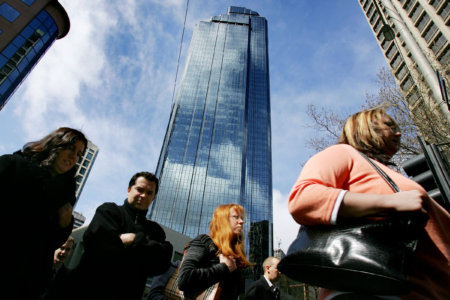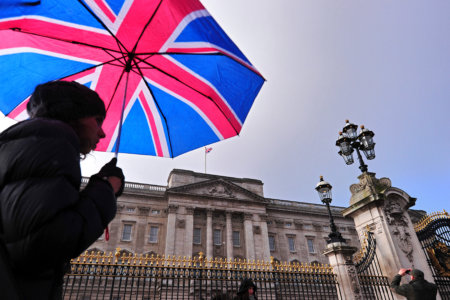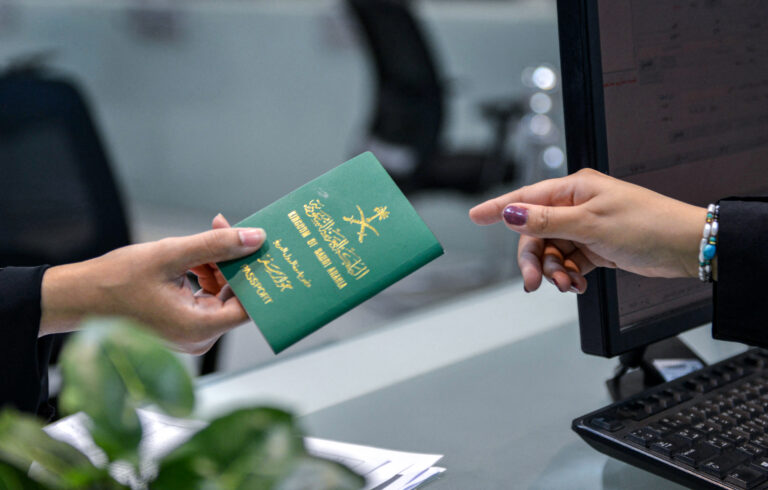
Travelling the world is everyone’s dream, but for some, it can very easily be a nightmare.
The reason? Depending on the country your passport is issued, you might not even have the chance to visit the far reaches of the world. Some may be oblivious to this reality, having never needed to endure the rigamarole of a protracted visa application.
Let’s use Germany and Cambodia as examples.
For German locals who possess German passports, visiting Cambodia for a holiday is a walk in the park. As long as they own a passport that has been valid for six months, all they need is a tourist visa, which can be obtained from Cambodia’s Berlin embassy online with a short processing period, or, easier still, upon arrival at the airport.
Visa processing fees are relatively cheap, ranging from US$36 to US$44.
For Cambodians, however, it’s a completely different story.
If a Cambodian wishes to visit Germany, they must submit an invitation letter, provide six months’ worth of bank statements, proof of income and assets, and a range of other personal documents.
The visa application fee? A whopping US$87.
The general reason for this stark difference is that poorer countries are willing to open their borders to citizens from wealthier, stronger countries, as it will lead to greater economic dividends in the form of trade, tourism, investment, and more.
On the other hand, these countries possess weaker passports that bar them from accessing wealthier countries.
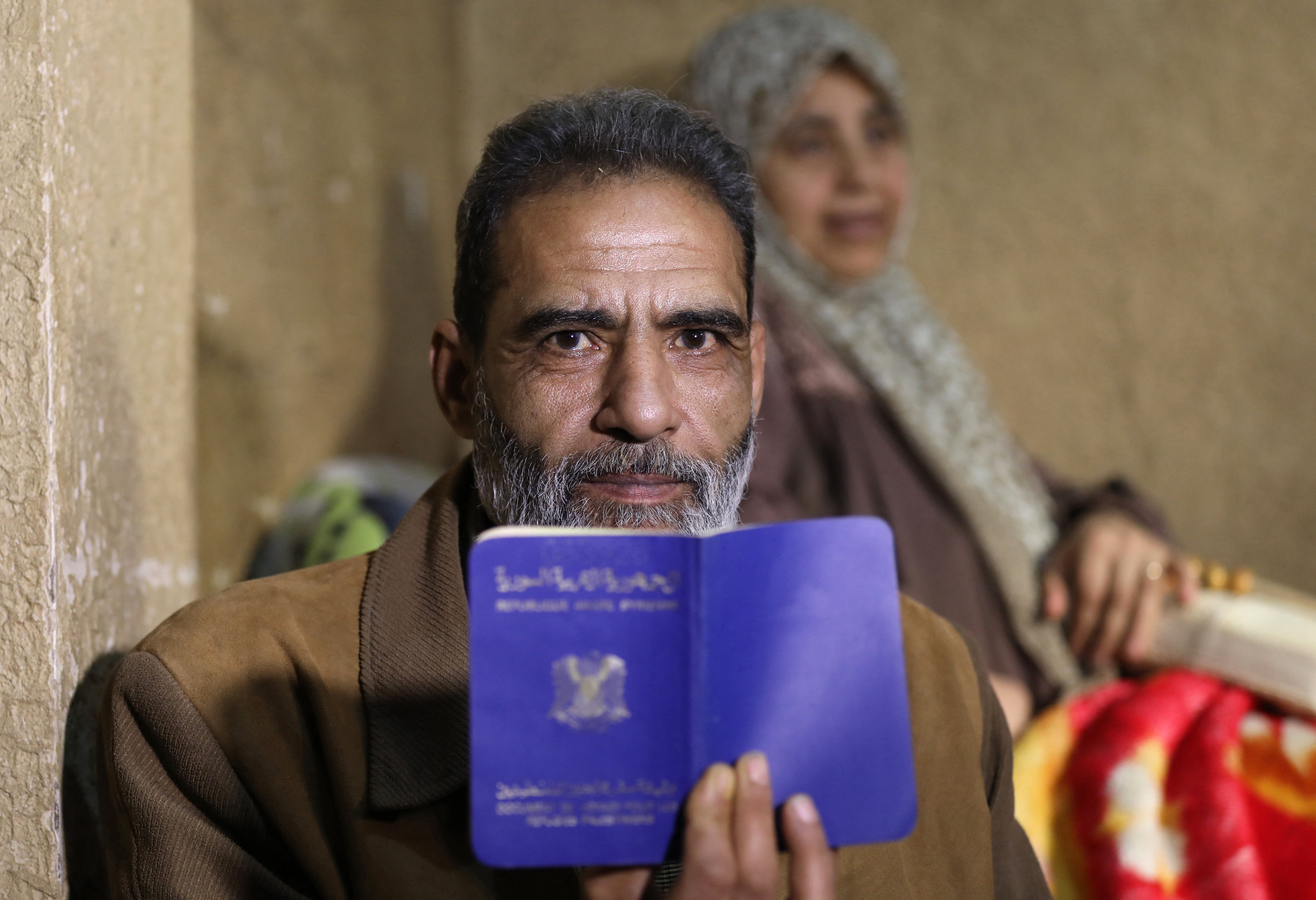
Syria has one of the weakest passports in the world. Source: AFP
What does it mean to have a weak passport?
It is not to say that having a weak passport will deny you the pleasures of travelling or studying abroad. But it will indeed make it a little more difficult.
Strong passports revolve around visa privileges. They almost certainly guarantee hassle-free travel with smooth visa processes, affordable application fees, and undeniably, less questioning from officials.
For those possessing weaker passports, visa applications can be a nightmare. And the worst part of the application process is that there is no guarantee to get it, even if everything is submitted correctly.
Wealthy countries are wary of foreign visitors, especially from developing or less-wealthy countries. These visitors may seek illegal part-time jobs just to earn money in a stronger currency or overstay their visas and go into hiding.
Another example is that it can be hard to prove that those who come from countries with economic instability or war intend to return home after their visit. After all, who would willingly want to return to conflict and destruction?
Afghanistan student Yalda Azamee recounted how her US application was rejected not once, but twice.
“[The American consular officer] did not even give me a chance to explain myself; he rejected me right away. He didn’t even look at my documents,” she said through tears.
This Reddit user described how his visa application to the US was rejected for no apparent reason, even though his parents’ applications were approved. Other users chimed in, explaining that the original poster’s low income, lack of English proficiency, and unmarried status posed a potential threat to overstaying.
Another user in the same thread pointed out that some countries also consider speaking fluent English a red flag, as it can help open doors to the country’s culture and potentially lead to overstaying.
While these concerns are valid, they make international travel tough for those in poorer countries. Students especially, are one of the major parties that suffer from the weakest passports.
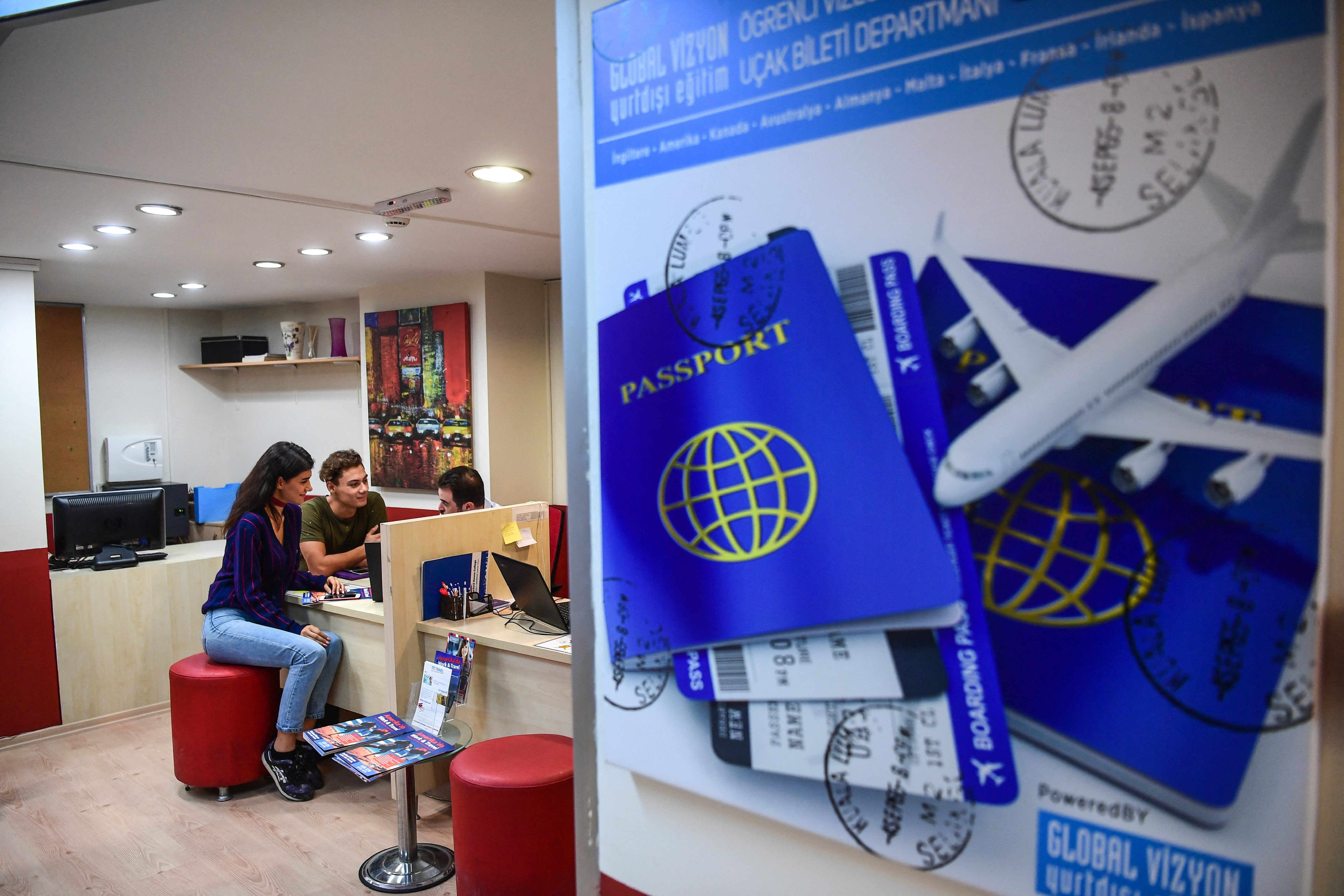
While some educational institutions can help secure student visas, processing times may be longer and fees steeper. Source: AFP
Students are affected by weak passports
Many students in developing countries dream of studying abroad. But they face many hurdles, even more so than their equals in wealthier, more developed countries.
For example, Australia recently proposed a hike in student visa application fees. The Grattan Institute proposed raising the fee from AUD$710 (US$470.81) — already higher than the fees in Canada and the US — to AUD$2,500 (US$1,657.86).
At the same time, applicants must now show they possess at least AUD$29,710 (US$19,537) in their savings, a 21% increase on the previous amount. This will no doubt hinder students from lower-income families from attempting to study in Australia.
There are a multitude of other difficulties they face as well, such as:
High rejection rates
Wealthy countries may be more selective about issuing student visas to countries with the weakest passports and even more so to those with a history of visa overstays. This results in student applications facing more scrutiny.
Lengthy processing times
Having one of the weakest passports in the world will result in extended application processes. Applications for student visas may go through extensive background checks, or students may be required to submit additional documentation. All this may further delay their study plans, resulting in uncertainty about their academic future.
Limited visa options
Depending on their field or level of study, students may only qualify for short-term visas that may require frequent renewals.
Limited programme choices
Students might have to limit their study abroad options to countries with easier visa requirements for their passports – or forgo the idea of studying abroad altogether.
These are just some of the difficulties faced by those with the weakest passports in the world, such as the countries below.
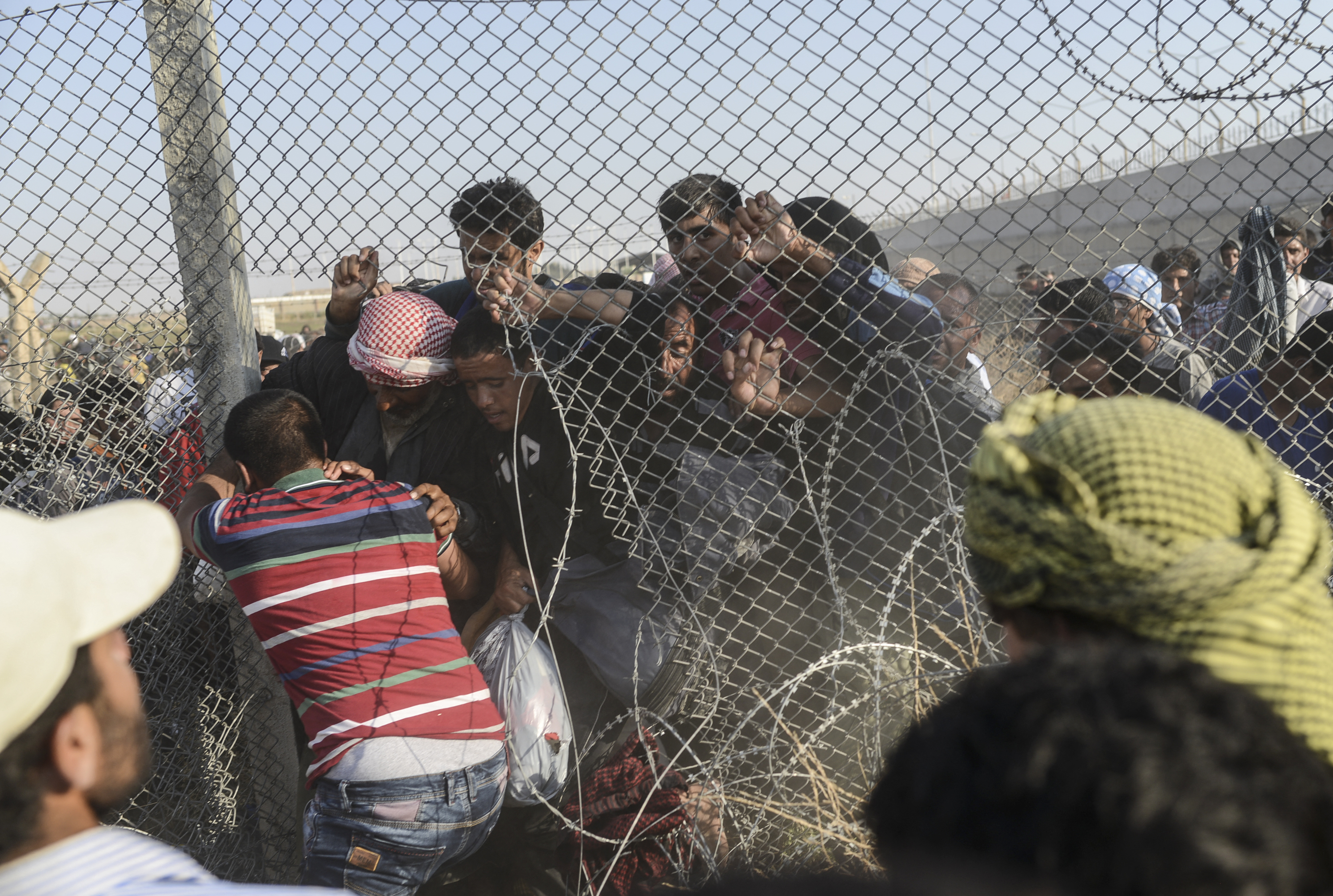
Weak passports are associated with lesser-developed countries, and locals may even to attempt to cross borders illegally out of desperation. Source: AFP
10 weakest passports in the world
Information is taken from the Henley Passport Index 2024, a global ranking of countries according to the travel freedom allowed by those countries’ ordinary passports for their citizens.
Afghanistan
Visa-free destinations: 28
As expected of the weakest passport in the world, Afghanistan’s visa approval rate is low. The last publicly published data in 2023 showed a refusal rate of 48.73% in the US. That means only a little over half of visa applications to the US are approved for travel or study.
Conflict involving the Taliban and several other armed Islamist groups in Afghanistan may be a result of the high rejection rate. Embassies or consulates handling Afghan visas might be prioritising safety and limiting visa issuance due to the ongoing political situation, terrorism, and civil unrest.
Syria
Visa-free destinations: 29
The refusal rate for Syrian visas into the US is 47.42%, almost similar to Afghanistan.
Armed conflict and terrorism are the main reasons why Syria’s passport is one of the weakest passports in the world. Even the US Department of State displays a warning on its webpage for Syria International Travel Information, stating, “Do not travel to Syria due to terrorism, civil unrest, kidnapping, armed conflict, and risk of unjust detention.”
Additionally, Syria’s proximity to the Israeli-Palestinian conflict impacts the nation’s security.
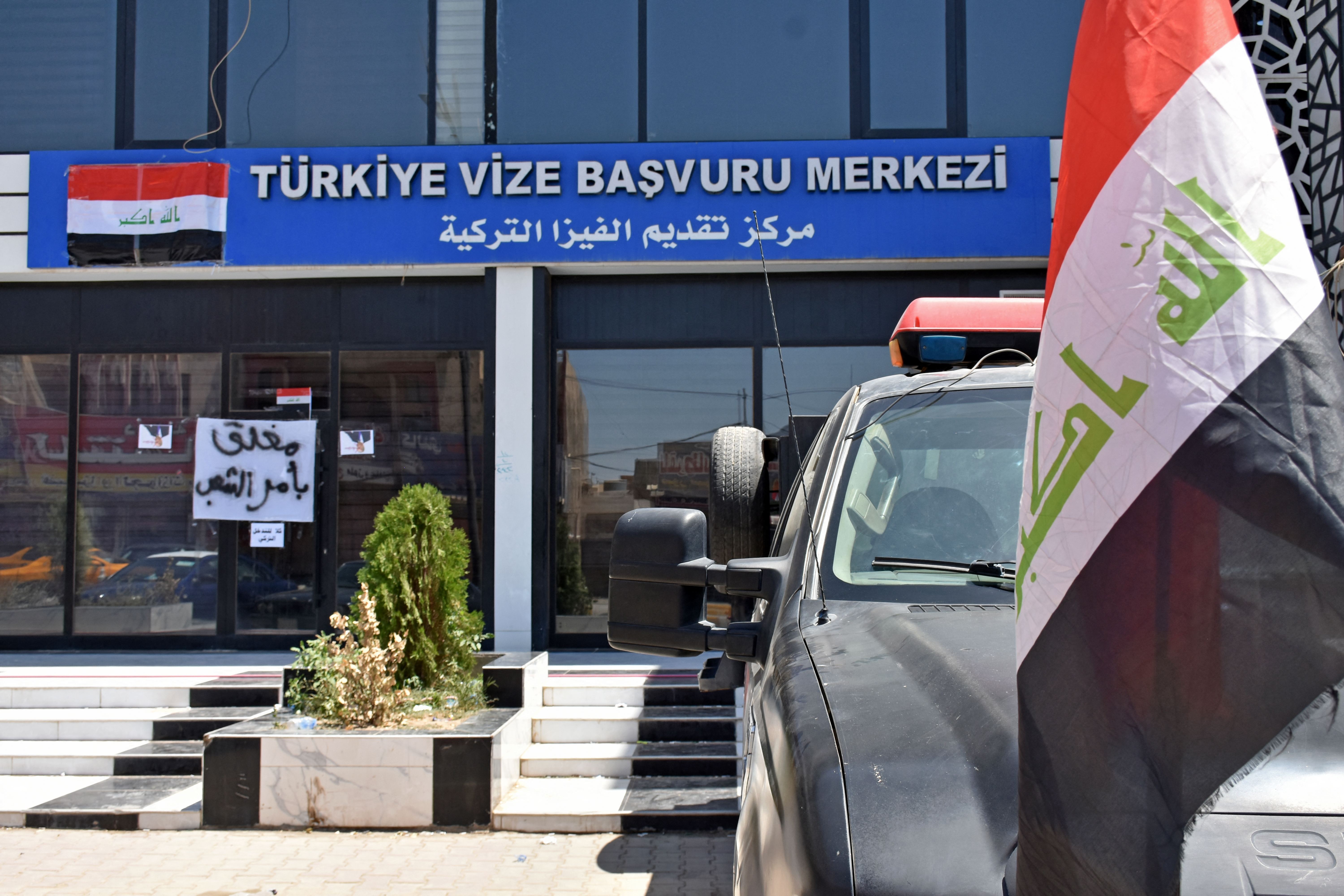
A placard reading in Arabic “closed by public demand” hangs on the entrance of a Turkish visa centre in the northern Iraq. Source: AFP
Iraq
Visa-free destinations: 31
Iraq visas have a refusal rate of 37.09% in the US, marginally better than Afghanistan and Syria.
However, similar to the two countries, political instability, terrorism, poverty, and complicated social issues make the Iraqi passport one of the weakest passports in the world. Only a handful of countries, including Malaysia, Iran, and Zambia, allow visa-free access.
Pakistan
Visa-free destinations: 34
Pakistan visa applications have a refusal rate of 40.82% in the US – slightly higher than Iraq’s. Still, the country has a passport with more visa-free destinations than the latter.
While Pakistan is a developing nation, it needs to improve its international relations significantly. It has a history of terrorist links and political unrest, but ultimately, the country’s lack of tourism, international ties, and free movement makes it one of the weakest passports in the world.
Yemen
Visa-free destinations: 35
In 2023, a whopping 57.16% of Yemen visa applications were refused entry into the US. Despite the high refusal rate, Yemen passport holders still have visa-free and on-arrival access to 35 countries.
Reasons for the country possessing one of the weakest passports in the world would be the ongoing Yemeni civil war, which began in 2014 between the Rashad al-Alimi-led Presidential Leadership Council and the Mahdi al-Mashat-led Supreme Political Council, along with their supporters and allies.
The war has resulted in widespread famine and civil unrest, thus there are very few flight connections and many travel restrictions.

Over the last 30 years, hundreds of thousands of people have fled Somalia to other countries. Source: AFP
Somalia
Visa-free destinations: 36
Despite having marginally better access to visa-free travel, 69.89% of Somali visa applications were rejected in 2023.
A Somalia passport is considered one of the weakest passports in the world due to various factors such as inefficient health infrastructure, political unrest, poverty, and security threats.
Somali residents can travel visa-free to some neighbouring African countries, but countries like the UK, the US, Canada, and New Zealand don’t even recognise Somalia’s passport.
Nepal
Visa-free destinations: 40
Despite little conflict or terrorist incidents, Nepal still has one of the weakest passports in the world, with a rejection rate of 31.03%.
The reason? Many Nepalis sought asylum in the West after arriving on temporary visas during the conflict between 1996 to 2006. Growing numbers of Nepalis started overstaying their visas and residing illegally abroad, tainting the country’s international standing as a whole.
Libya
Visa-free destinations: 40
Despite a lower-than-average rejection rate – 19.41% – Libya possesses one of the weakest passports in the world.
Libya’s low passport ranking is mainly attributed to government instability and security concerns. Despite a decade passing after the Libyan revolution, the economy is still in tatters because of the ousting and death of Muammar Gaddafi, and the 2014 and 2019 civil wars.
Most visa-free travel is restricted to African countries, and Libya currently holds a level four “do not travel” advisory ranking from the US Department of State.r

More and more countries are demanding for a ceasefire of the ongoing Palestinian genocide. Source: AFP
Palestine
Visa-free destinations: 41
34.77% of Palestinian visas have been rejected in 2023.
With the ongoing genocide and Israeli-Palestinian conflict, countries are wary about potential security risks associated with Palestinian passport holders. A weak economy and deteriorating healthcare are factors, but many countries are further hesitant to accept refugees, despite the ongoing global demands for a ceasefire.
North Korea
Visa-free destinations: 42
Most North Koreans don’t even possess a passport, as they are not allowed to leave the country, so it’s no surprise that there is no approval or rejection rate available.
Even though North Korea has greater mobility than the countries above, citizens rarely leave the country because they must have government approval to travel. In fact, most international travel is solely for work or diplomatic relations.








